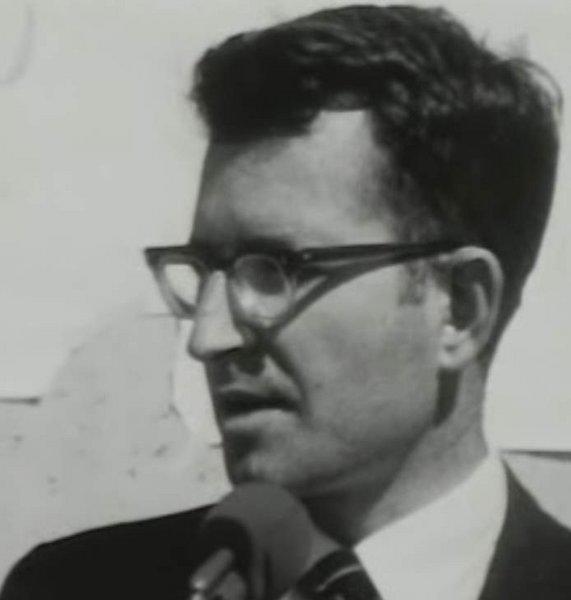À Ouvert le samedi (à +37:30) aujourd'hui, un des 12 auteurs du manifeste 'Pour un Québec lucide*', l'économiste Claude Montmarquette, Ph.D., Chicago
M. Lacombe: "[...] Y'a des gens qui ont de l'argent et qui mènent le monde et qui s'arrangent pour que les programmes sociaux s'équivalent, mais par le bas partout dans le monde. Monsieur Montmarquette, on peut quand même pas dire que c'est pas vrai ça" /Pascale Navarro hoche de la voix**/
C. Montmarquette: "ah non, j'crois que vous donnez de l'importance à ces gens là bien au-delà, y'a personne qui contrôle les marchés aujourd'hui monsieur Lacombe, absolument personne [...] Je pense qu'il y aura une convergence éventuellement des programmes sociaux"
The Washington Consensus The neoliberal Washington consensus is an array of market oriented principles designed by the government of the United States and the international financial institutions that it largely
dominates, and
implemented by them in various ways-for the more vulnerable societies, often as stringent structural adjustment programs. The basic rules, in brief, are liberalize trade and finance, let markets set price ("get prices right"), end inflation ("macroeconomic stability"), privatize. The government should "get out of the way"-hence the population too, insofar as the government is democratic, though the conclusion remains implicit. The decisions of those who impose the "consensus" naturally have a major impact on global order. Some analysts take a much stronger position. The international business press has referred to these institutions as the core of a "de facto world government" of a "new imperial age."
Whether accurate or not, this description serves to remind us that the governing institutions are not independent agents but reflect the distribution of power in the larger society. That has been a truism at least since Adam Smith, who pointed out that the "principal architects" of policy in England were "merchants and manufacturers," who used state power to serve their own interests, however "grievous" the effect on others, including the people of England. Smith's concern was "the wealth of nations," but he understood that the "national interest" is largely a delusion: within the "nation" there are sharply conflicting interests, and to understand policy and its effects we have to ask where power lies and how it is exercised, what later came to be called class analysis.
The "principal architects" of the neoliberal "Washington consensus" are the masters of the private economy, mainly huge corporations that control much of the international economy and have the means to dominate policy formation as well as the structuring of thought and opinion. The United States has a special role in the system for obvious reasons. To borrow the words of diplomatic historian Gerald Haines, who is also senior historian of the CIA, "Following World War II the United States assumed, out of self-interest, responsibility for the welfare of the world capitalist system"
Profit over people, Noam Chomsky, 1999------*Charest calls all this "music to my ears." He is trying to re-engineer the "Quebec Model," which favours a strong state role in the economy.[...] But Quebec federalists generally have reason to cheer because the manifesto invites people to ponder the intrinsic value of Canada. [...] A truly "clear-eyed vision" of Quebec's best interests must look beyond mere demography, and focus squarely on the benefits Quebec reaps from its special status in Confederation.
Toronto Star**Heureusement qu'elle est là celle-là; elle s'est même apparement emportée durant la pause suivant le débat.


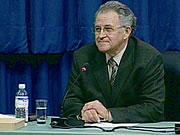 Le Parti libéral du Canada, section Québec (PLC-Q), s'est tourné vers Jacques Corriveau afin d'obtenir de 250 000 à 300 000 $ en liquide pour arroser les circonscriptions acquises au Bloc québécois, selon l'ex-directeur général de la formation, Michel Béliveau, dont le témoignage devant la commission Gomery accrédite l'existence d'une caisse occulte pour le financement des campagnes électorales.
Le Parti libéral du Canada, section Québec (PLC-Q), s'est tourné vers Jacques Corriveau afin d'obtenir de 250 000 à 300 000 $ en liquide pour arroser les circonscriptions acquises au Bloc québécois, selon l'ex-directeur général de la formation, Michel Béliveau, dont le témoignage devant la commission Gomery accrédite l'existence d'une caisse occulte pour le financement des campagnes électorales.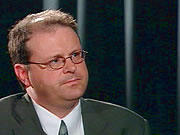 "Il ne fait aucun doute que la Loi électorale au Québec a été violée — moi, c'est mon opinion —, a été violée, voire bafouée. C'est clair que l'argent a joué un rôle, je ne dirais pas majeur, mais essentiel dans ce référendum-là. Ne pas avoir eu les ressources 'occultes', je ne suis pas convaincu que nous aurions gagné un référendum."
"Il ne fait aucun doute que la Loi électorale au Québec a été violée — moi, c'est mon opinion —, a été violée, voire bafouée. C'est clair que l'argent a joué un rôle, je ne dirais pas majeur, mais essentiel dans ce référendum-là. Ne pas avoir eu les ressources 'occultes', je ne suis pas convaincu que nous aurions gagné un référendum." 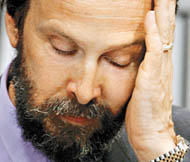 M. Dezainde a carrément perdu le contrôle du financement du parti au profit de Joe Morselli et de son adjoint, Beryl Wajsman. Ce dernier refusait même de se rapporter au directeur général, une situation que M. Dezainde jugeait inacceptable. Il s'en est plaint au ministre Gagliano, qui l'a renvoyé à son chef de cabinet, Jean-Marc Bard, et à Joe Morselli pour tous ses besoins d'argent.
M. Dezainde a carrément perdu le contrôle du financement du parti au profit de Joe Morselli et de son adjoint, Beryl Wajsman. Ce dernier refusait même de se rapporter au directeur général, une situation que M. Dezainde jugeait inacceptable. Il s'en est plaint au ministre Gagliano, qui l'a renvoyé à son chef de cabinet, Jean-Marc Bard, et à Joe Morselli pour tous ses besoins d'argent.
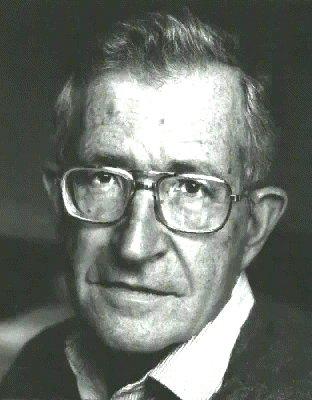

 Moi
Moi 
 La Patrie
La Patrie  La Santé
La Santé
